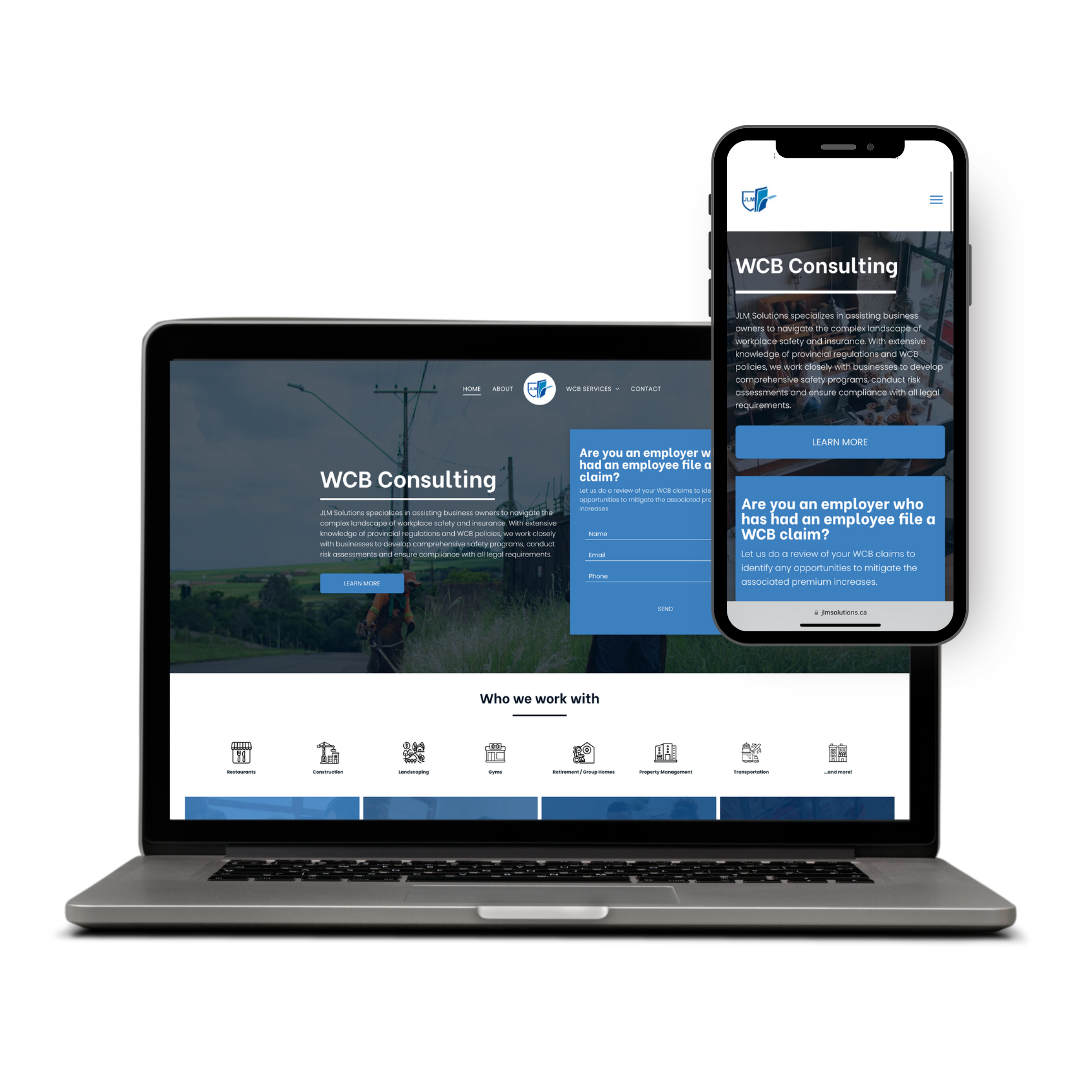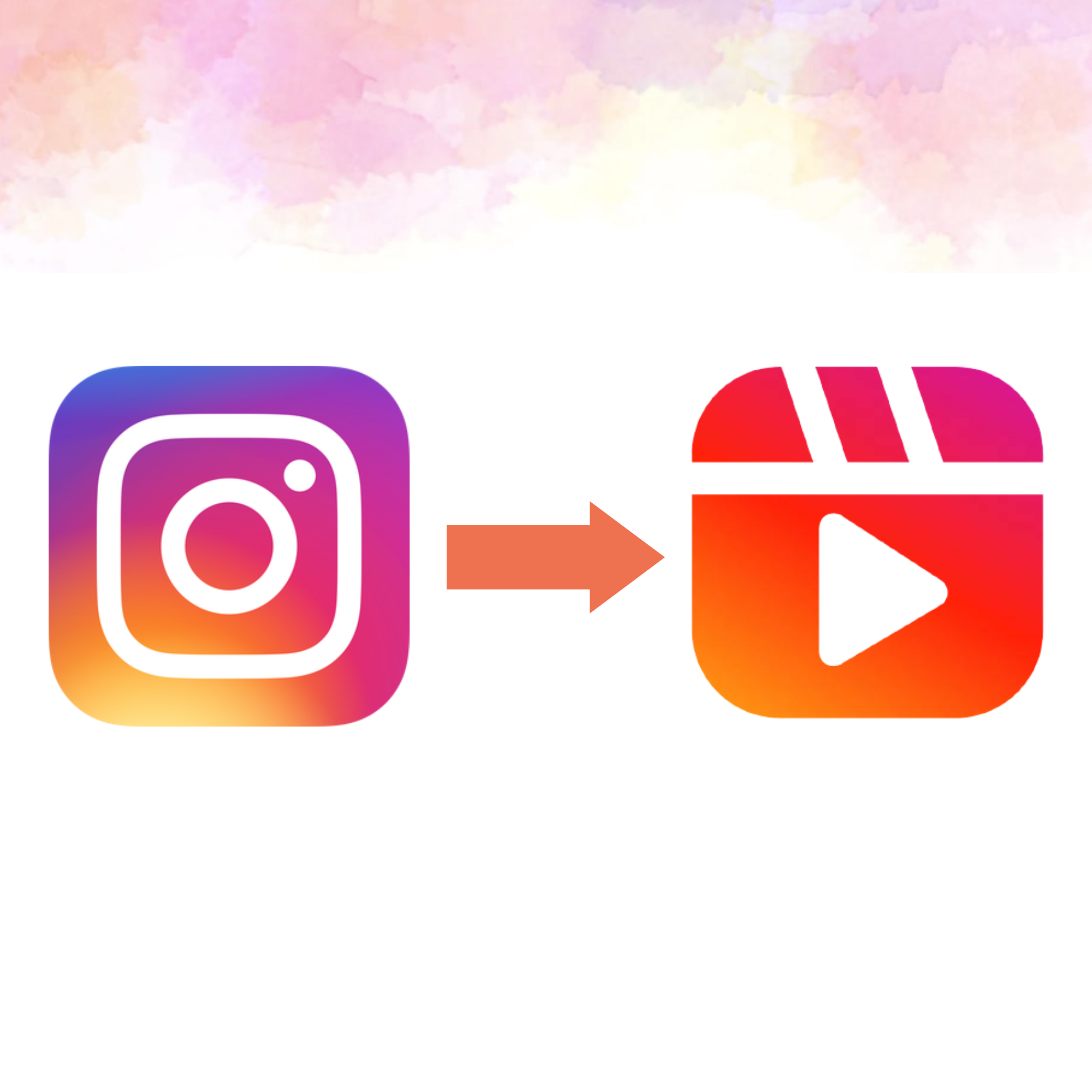
SEO, Google Rankings, Keywords - Oh My! - Part 1 of 4

Congratulations! You have recently launched a website for your small business. Your next logical step is to let the world know you're online and open for business! What do you need to do to get your website noticed on the world wide web?
The internet is an enormous platform. Rumour has it that Google uses about 200 various factors to rank a site. Wow! That can be intimidating.
But which of those 200 factors carry the most punch? How do you weed out the less important factors?
Lucky for you, we have put together a list of terms and guidelines that can help you to navigate the jungle that is known as the SEO (Search Engine Optimization). Along with how to get your website to rank the highest within the Google Search.
Over the next few weeks, we will be sharing a series of 4 Blog Posts explaining which factors are essential in making your website the most visible in terms of SEO. The elements will be broken down into: On-Page Factors, Off-Page Factors, Domain Factors and finally Site Factors.
Today's blog post will focus on ' On-Page factors '.
Ensuring the critical On-Page factors are addressed will determine how well your webpage is optimized and will ultimately have the most effect on its rankings. Here are the On-page optimization factors that can affect its search visibility:
- Keywords in the title meta tag . The title meta tags are used to describe the content on the page. By using a keyword in the title tag, the search engine will use this as a ranking factor. The keywords should be placed at the beginning of the title tag rather than at the end. Webpages that are optimized in this manner will rank higher than those that did not.
- Keywords in meta description tag . The ultimate goal is to gain user clicks from search results pages. By including the keyword in the meta description tag, this serves as, yet another relevance factor used for ranking by the search engine.
- Keywords in H1 tag. H1 tags are used as another relevance factor and serve as a description of the content of the page.
- Keywords being used in the copy of the page . Using the keyword in the copy sends a relevancy signal of what the content is about.
- The length of the content . These days searches on Google look for authoritative and informative content to rank first. The longer your content is will give you a greater chance that you can cover more aspects of your topic.
- Duplicate content. Try to avoid using duplicating content by writing original copy for each page. Your rankings can be affected by having similar content across various pages of your site.
- Use of Canonical tags. This tag tells Google that one URL is equivalent to another. The tag clearly states that despite two pages having the same content, they are one.
- Image Optimization. Images on your webpage can send the search engine relevancy signals through their alt text, caption, and description.
- Content Updates. Google algorithm prefers updated content. Create a strategy to update certain types of content at a minimum of once every 12 months.
- Outbound links. The use of too many outbound links can significantly diminish the page's PageRank, hurting its search visibility. Outbound links can affect your rankings, so only use them in moderation.
- Internal links. The established strength of factors can be passed between Interlinking pages on your site.
- Keyword in URL . Including the keyword in the URL slug is another way to send a relevancy signal to Google.
We hope you have found this blog post both informative and insightful as to what factors Google uses to rank webpages. Stay tuned for our next blog post where we explore Off-Page Factors that can increase your Google relevance.
Kre8tive Agency ensures all of our web designs come fully optimized, incorporate the above-mentioned factors along with a variety of other SEO strategies. We want to be sure your website ranks well in the Google search results.
Not sure how your website stacks up? Contact Kre8tive Agency today to arrange for a website audit.














